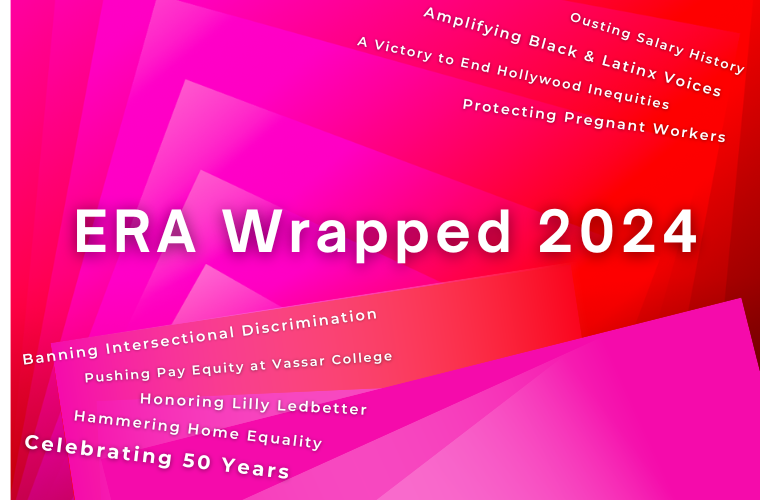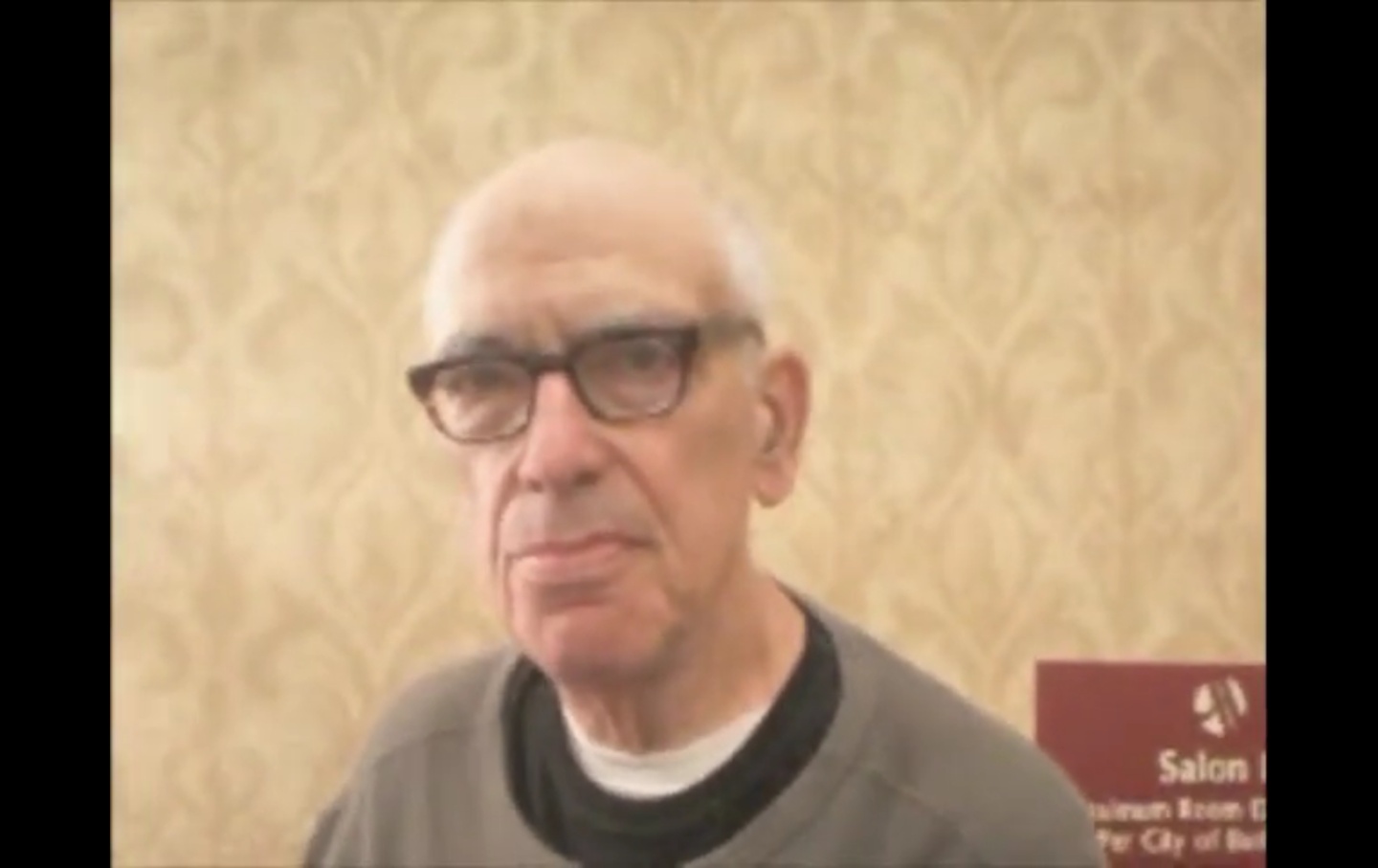Most people would be surprised about how well-informed incarcerated people really are. For example, there are two topics that have been gaining a lot of momentum amongst the prison population: stocks and the presidential election. Just recently, a friend told me he has prepared two different stock portfolios, each tailored toward who is elected as the next president. It impressed me that he was aware of how a president’s policy can affect the stock market. In the past 28 years, I’ve heard a lot of things in prison, but his statement was a first for me. I asked him if he would vote when he returned home, and he said he would, just because he can.
Since New York State recently passed legislation that allows formerly incarcerated people who were convicted of a felony to vote upon their release, half the people I speak to say they would take advantage of this. They finally feel like they are part of a bigger picture and are no longer silenced.
Keeping up with the presidential election for most people here in prison began as a form of entertainment. After a while, they began to speak about what they agreed with and what they didn’t. These types of conversations are new in prison. But, as with everything else, egos and opinions will always lead to arguments amongst the incarcerated—and even with staff. The effect? Division . . . imagine that! The same effect that politics has had within our society has now found its way inside prisons. Regardless of that fact, some people continue to proudly express their opinions while others remain silent. Even watching certain news networks can label you, so most people watch television in silence with their headphones plugged in. Others play their TVs loudly, welcoming a debate and the opportunity to pass some time.
After conducting a survey with the men in my cell block, the prison population is split roughly in half: those who care about the presidential election and those who do not. The group who doesn’t care is made up of the younger men, who are mostly in their 20s. Why? They feel disconnected, and most men that age are usually influenced by what their peers are doing or not doing. They also feel that politicians cannot truly relate to their past and current struggles. These people state that they have no plans on voting once released. They may watch the debates, but only for entertainment purposes or to witness a momentous moment.
I recall a man yelling out to everyone on the gallery, “The debate is on!” And, in a split second, it became quiet. I couldn’t believe it—silence in a prison often consumed with chaos! However, this didn’t last long. All it took was one person to voice his opinion and the gallery became a contest of who can scream the loudest. These moments always bring a laugh, especially when one man said, “Yelling doesn’t make you right!”
Although we are physically isolated from society, these cells, bars, walls, and barbed wire do not shield us from information on the politics or social issues that plague our communities. Mental health issues thrive amongst us; as do addiction, poverty, inflation, and broken families . . . all of it finds its way into the system.
People in prison are also looking for solutions and maybe—just maybe—they show an interest in the presidential election as a silent cry for help.
David Sell is a husband, grandfather, writer, hospice volunteer, and advocate for prison reform. In an attempt to bring about awareness and create change, he writes for the millions of families and people who have been impacted by mass incarceration. He can be reached on JPay at David Sell, 97b2642, NYS DOCCS Inmate Services.
Vera believes in using our platforms to elevate diverse voices and opinions, including those of people currently and formerly incarcerated. Other than Vera employees, contributors speak for themselves. Vera has not independently verified the statements made in this post.





